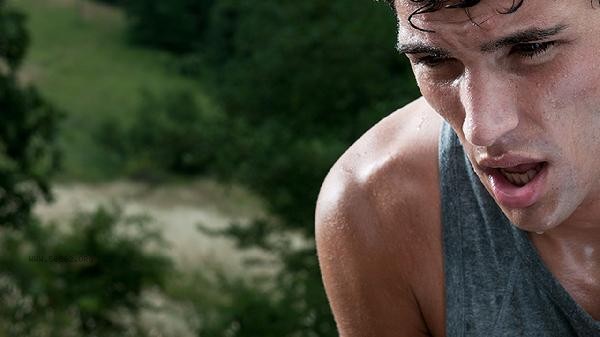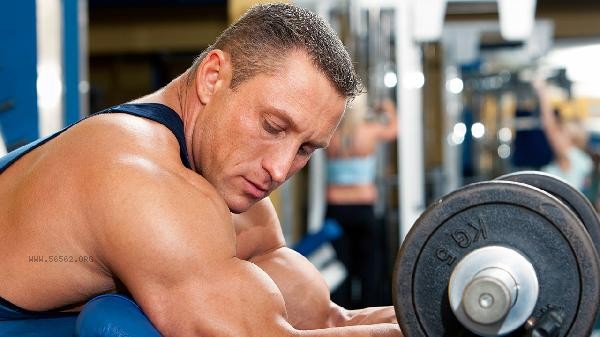Eating sweet foods after exercising may be related to factors such as post exercise blood sugar fluctuations, energy compensation psychology, and changes in taste sensitivity. Moderate supplementation of sugar after exercise can help restore physical fitness, but excessive intake of high sugar foods should be avoided. After exercise, blood sugar levels in the body decrease, and the brain sends signals to replenish energy, which increases the desire for sweet foods. High intensity exercise consumes a large amount of muscle glycogen, and the body instinctively seeks a quick source of energy, while monosaccharides in sweets can be quickly absorbed and utilized. Some people may develop a reward mentality after exercise, viewing sweets as a reward for their exercise results, which may reinforce their dependence on sweets. Some fitness enthusiasts have misconceptions about nutritional supplementation, believing that they can eat without restrictions after exercising. In fact, it is more scientific to supplement moderate carbohydrates and protein within 30 minutes after exercise, such as pairing bananas with sugar free yogurt. Long term excessive intake of sweets may lead to excessive calorie intake, counteract exercise effects, and even trigger insulin resistance. When experiencing hypoglycemic reactions after exercise, it is healthier to prioritize fruits or whole grains with moderate glycemic index.

It is recommended that fitness enthusiasts satisfy their craving for sweetness by adjusting their diet, such as replacing pastries with fresh fruits and choosing low sugar snacks like dark chocolate. Timely hydration and electrolyte supplementation after exercise, maintaining regular eating habits, can help reduce impulsive demand for sweets. If you frequently experience uncontrollable cravings for sweets, you can consult a nutritionist to develop a personalized dietary plan.









Comments (0)
Leave a Comment
No comments yet
Be the first to share your thoughts!